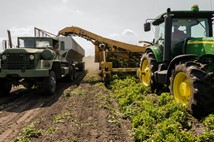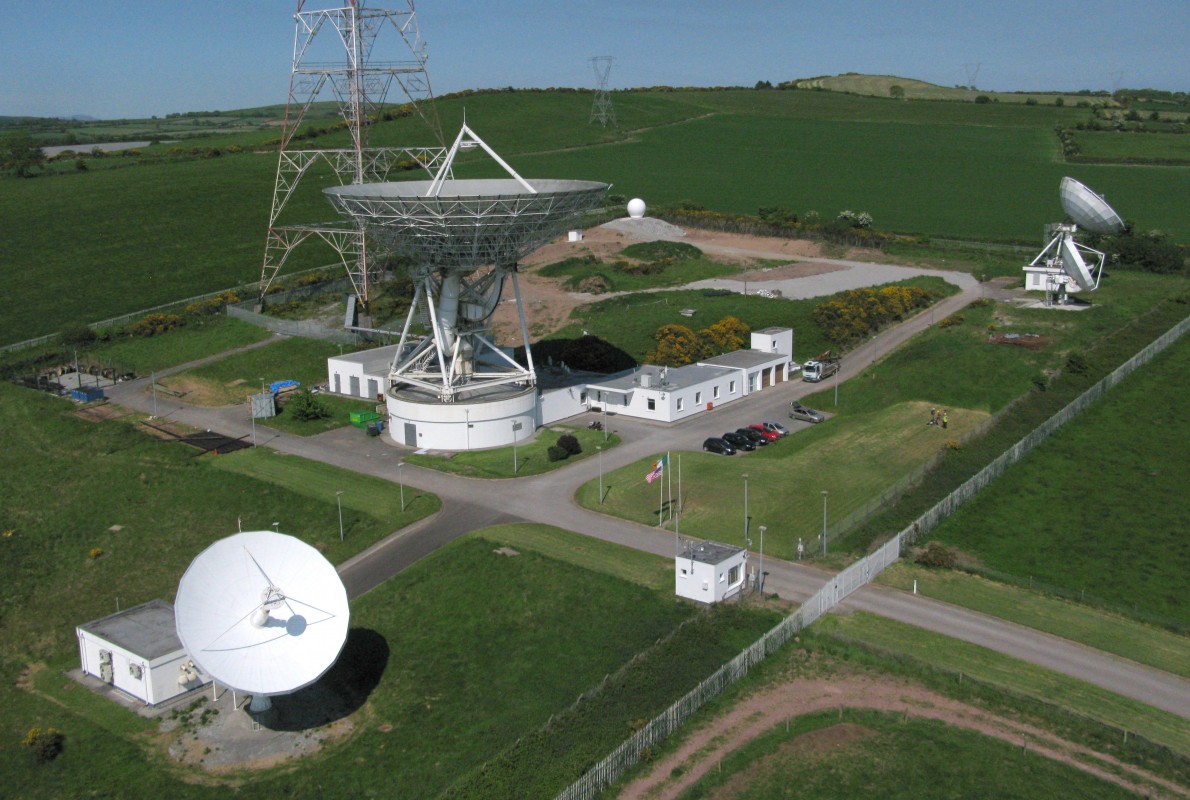31 July 2021
By Roger L Jones
roger@TheCork.ie
Sponsored Post

The agricultural sector remains the backbone of almost every economy in the world. Even those with small agricultural possibilities, rely on some element of agricultural activity to help stimulate their economy. Globally, the sector is worth more than $9602.79 billion, a number that’s set to grow at a CAGR of around 6% to surpass $10191.92 billion by the end of this year. In the UK, it contributes GBP 108 billion and employs almost 4 million people.
As long as there is humanity, agriculture will always be in demand. This, coupled with the sector’s obvious importance to nations’ economies, mean that it’s a ripe market for those speculating on the stock market. So what are the realities of investing in the sector and the businesses within?
Investing in the agriculture sector
There are many different ways people invest in the agriculture sector. The traditional method is to buy shares in a company that is of interest. Investors would then either hold those shares for the long or medium term, holding and speculating that they will make a long-term profit or trade them quickly with the aim of leveraging quick changes in value. Farmland investing platforms make it easy to invest in farmland in a crowdfunded manner.
More recently, CFD trading has become more popular, after a 32% increase in trading on a year-over-year basis. With CFD trading, the trader doesn’t purchase the underlying asset and instead just speculates on the change in value over a certain period of time. The contract is opened between the trader/investor and a professional online stock brokerage. This means the trader doesn’t actually purchase the underlying asset – good news for those keen to trade in the agriculture sector.
By using leverage in CFD trading, the trader can increase the exposure on their deposit, or margin. This means, only a percentage of the position has to be paid up but the exposure to the full value of the trade is there. Of course, CFDs are high-risk products and there are never any guarantees. Note that both profits and losses are magnified in this way as the value is calculated on the total of the position, not the percentage you put down.
Spread bets and CFDs are complex instruments and come with a high risk of losing money rapidly due to leverage. 71% of retail investor accounts lose money when trading spread bets and CFDs with this provider. You should consider whether you understand how spread bets and CFDs work, and whether you can afford to take the high risk of losing your money. Professional clients can lose more than they deposit. All trading involves risk.
Looking across the Irish Sea at our near neighbours, there are a number of businesses competing in the UK Agriculture Growth Stocks that stand out as being leaders in their field and popular for those speculating on their future.
Anglo-Eastern Plantations
Anglo-Eastern Plantations is an international company that produces palm oil and rubber. Floated on the London Stock Exchange in 1985, it operates a number of large plantations in Malaysia and Indonesia. They own and cultivate over 73,000 hectares of palm oil crops and 73,600 of rubber. Overall, the company employs more than 16,500 people globally and has a market capitalization of around GBP 248.9 million.
It’s categorised as a small-cap share company. Its stocks are considered somewhat volatile, although it experienced significant growth in 2020. In 2021, things have been a bit steadier but it should still end the year on a high. That said, it’s also considered an “adventurous share” meaning it can move up and down as much as 45% in a single year.
Wynnstay Group

Located solely in the UK, the Wynnstay Group was founded in 1917 and has since gone on to become a big name in agriculture. Today, it also owns various subsidiaries including Grainlink Ltd, Glasson Grain Ltd, and Youngs Animal Feeds Ltd. The group manufactures and provides agricultural products to both farmers and the wider sector in Great Britain. They cooperate from two main divisions, Agriculture and Specialist Agricultural Merchanting. With just under 1000 employees, it’s smaller in size than Anglo-Eastern, but it still brings in more than GBP 462.6 million in revenue each year.
Another small-cap company, it’s currently considered as a more adventurous kind of stock. After slow and sluggish 2020, its value almost doubled towards the end of the first quarter of 2021. Risk-wise, it’s considered safe in terms of bankruptcy risk, and with generally healthy financials.
Agriculture is an interesting sector to trade or invest in, but it can be subject to significant influence from social, weather, political and other factors. That makes it somewhat volatile, especially if considering buying actual shares. As with any market, there will always be an element of risk but this is an industry that remains a strong part of economies on a global scale.
Spread bets and CFDs are complex instruments and come with a high risk of losing money rapidly due to leverage. 70% of retail investor accounts lose money when trading spread bets and CFDs with this provider. You should consider whether you understand how spread bets and CFDs work, and whether you can afford to take the high risk of losing your money. Professional clients can lose more than they deposit. All trading involves risk.
The value of shares, ETFs and ETCs bought through a share dealing account, stocks and shares ISA or a SIPP can fall as well as rise, which could mean getting back less than you originally put in. Past performance is no guarantee of future results.
220830 L


